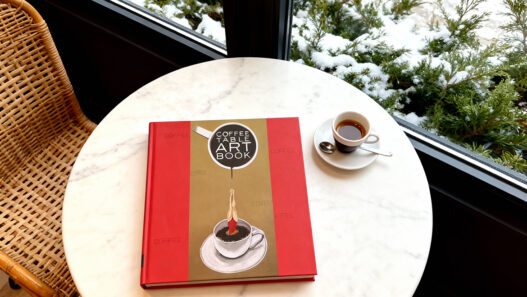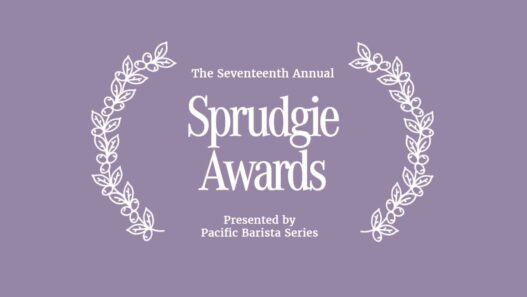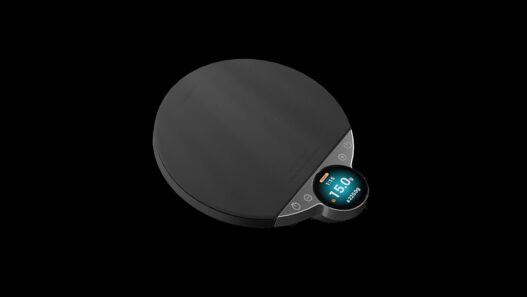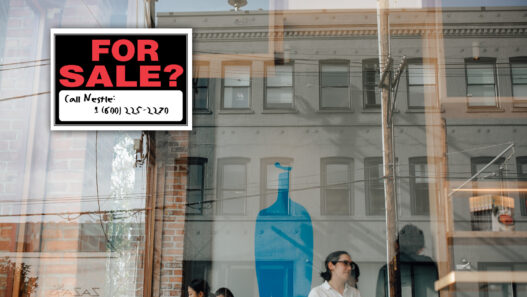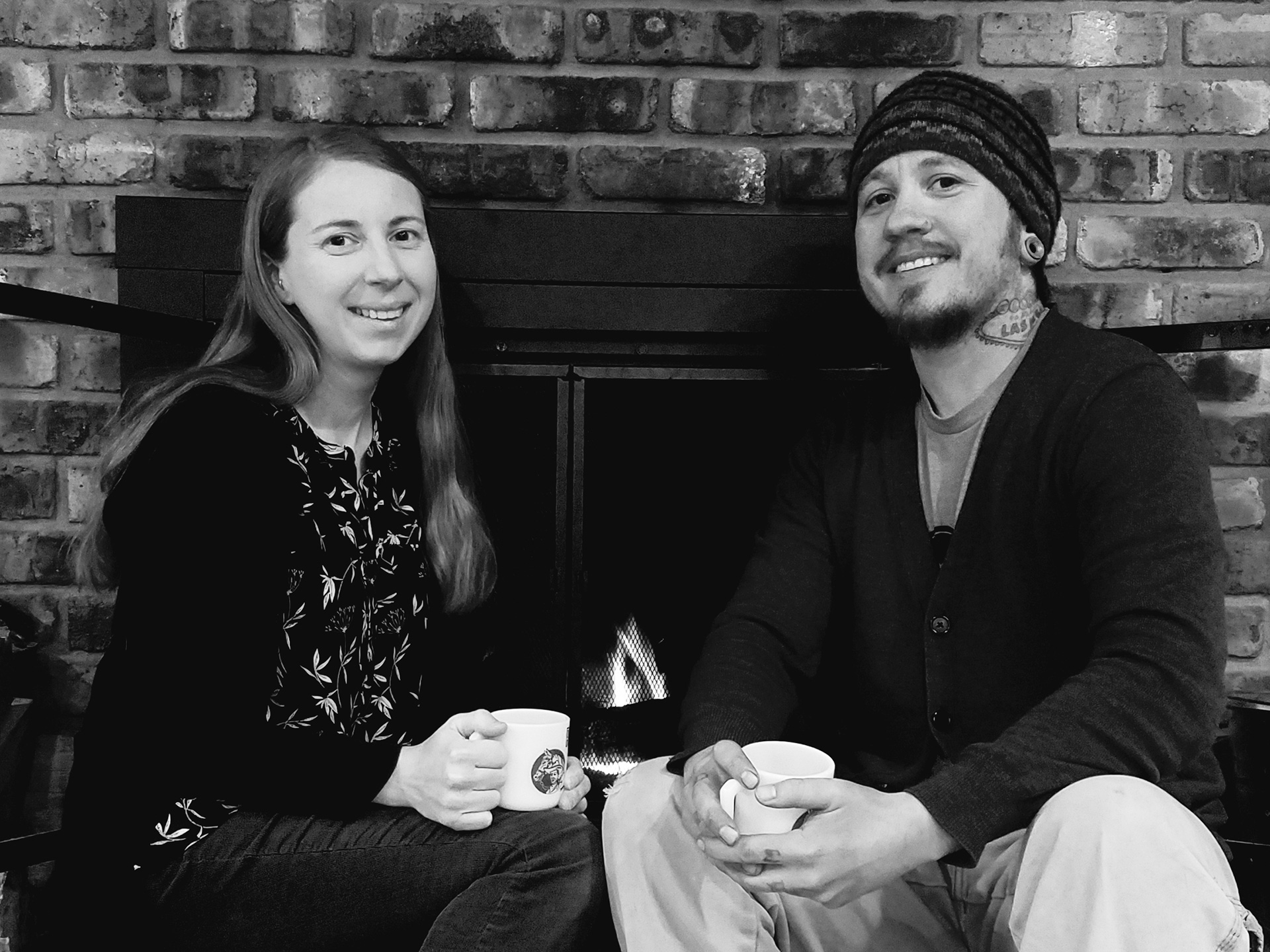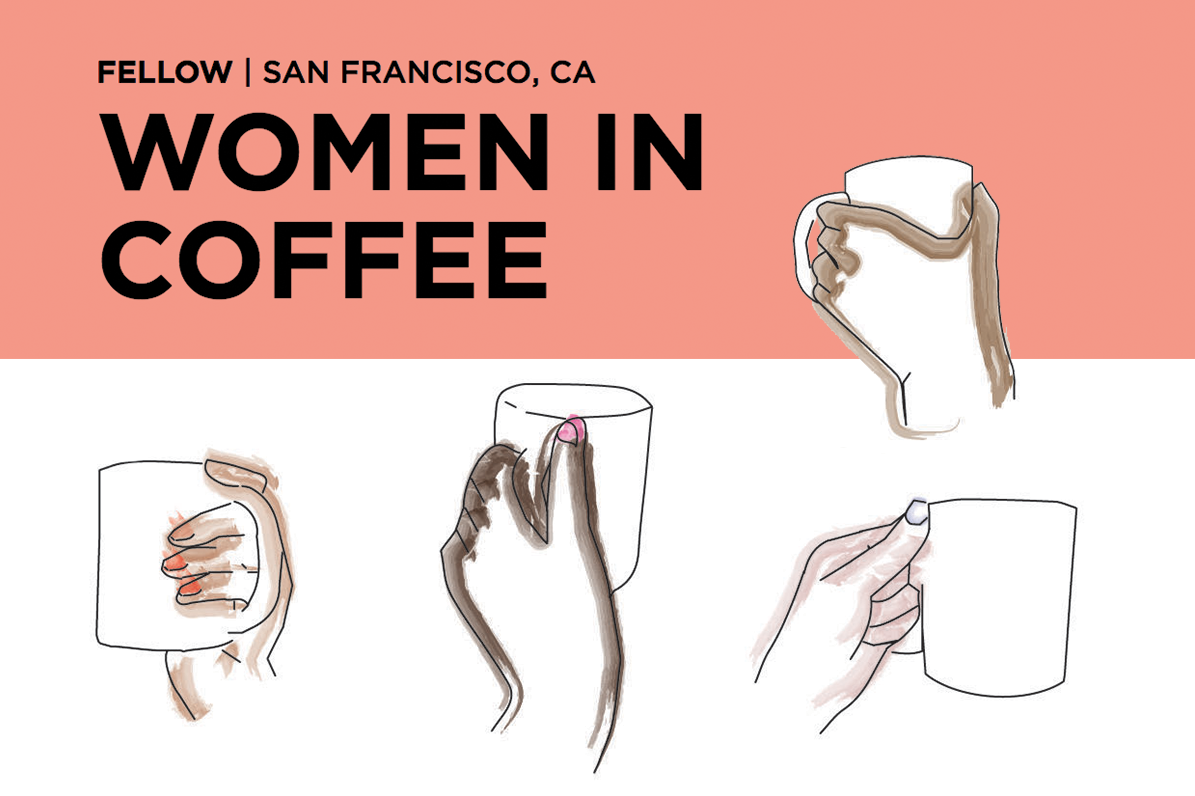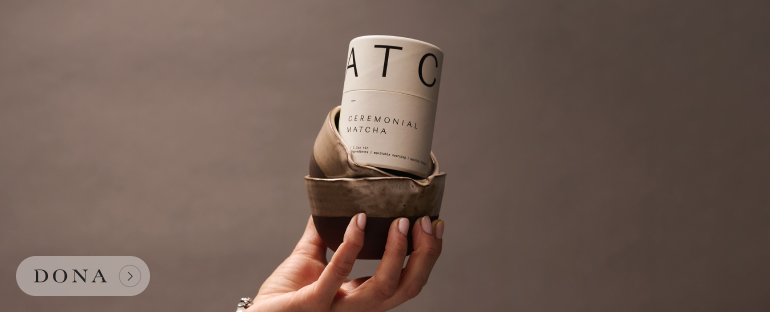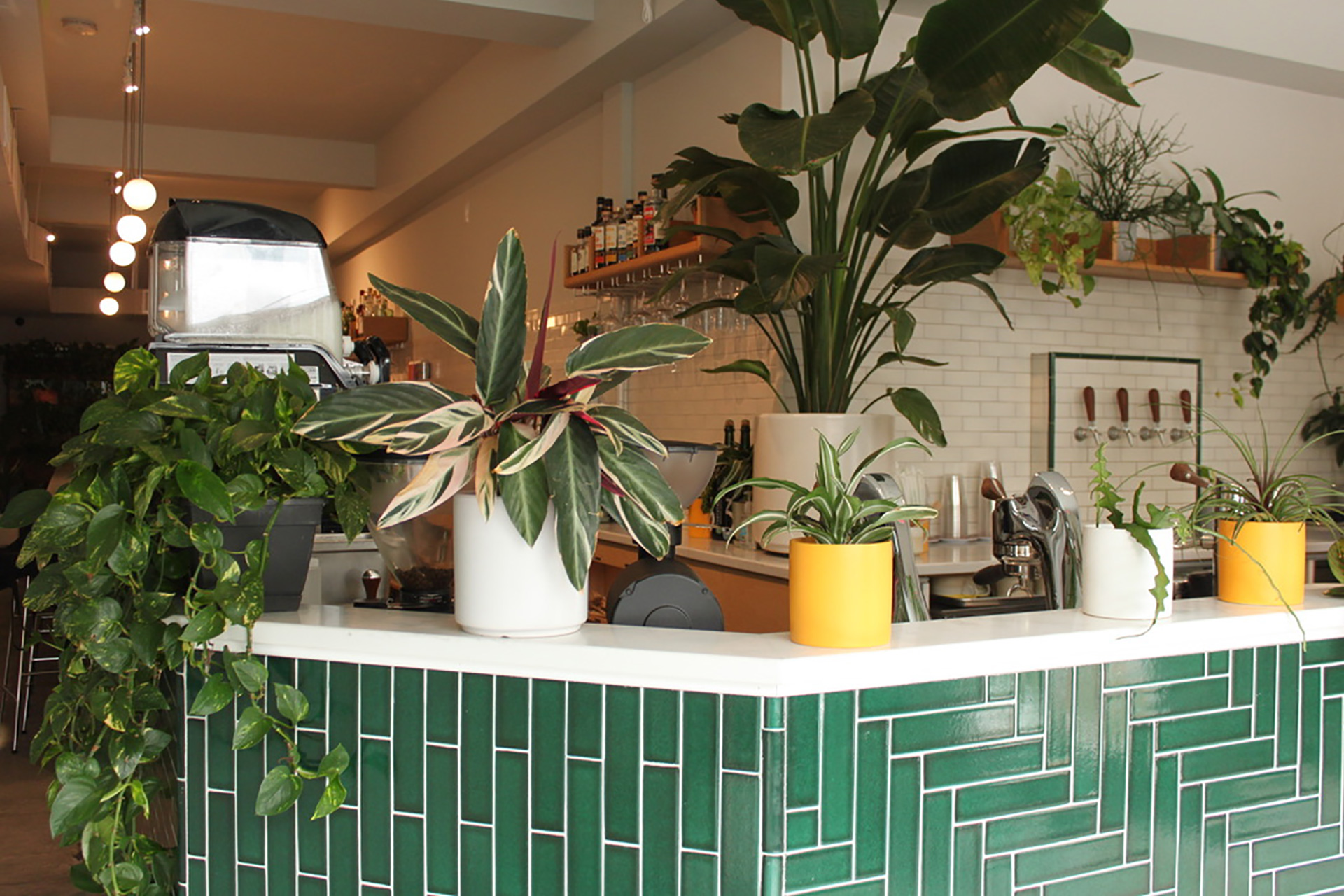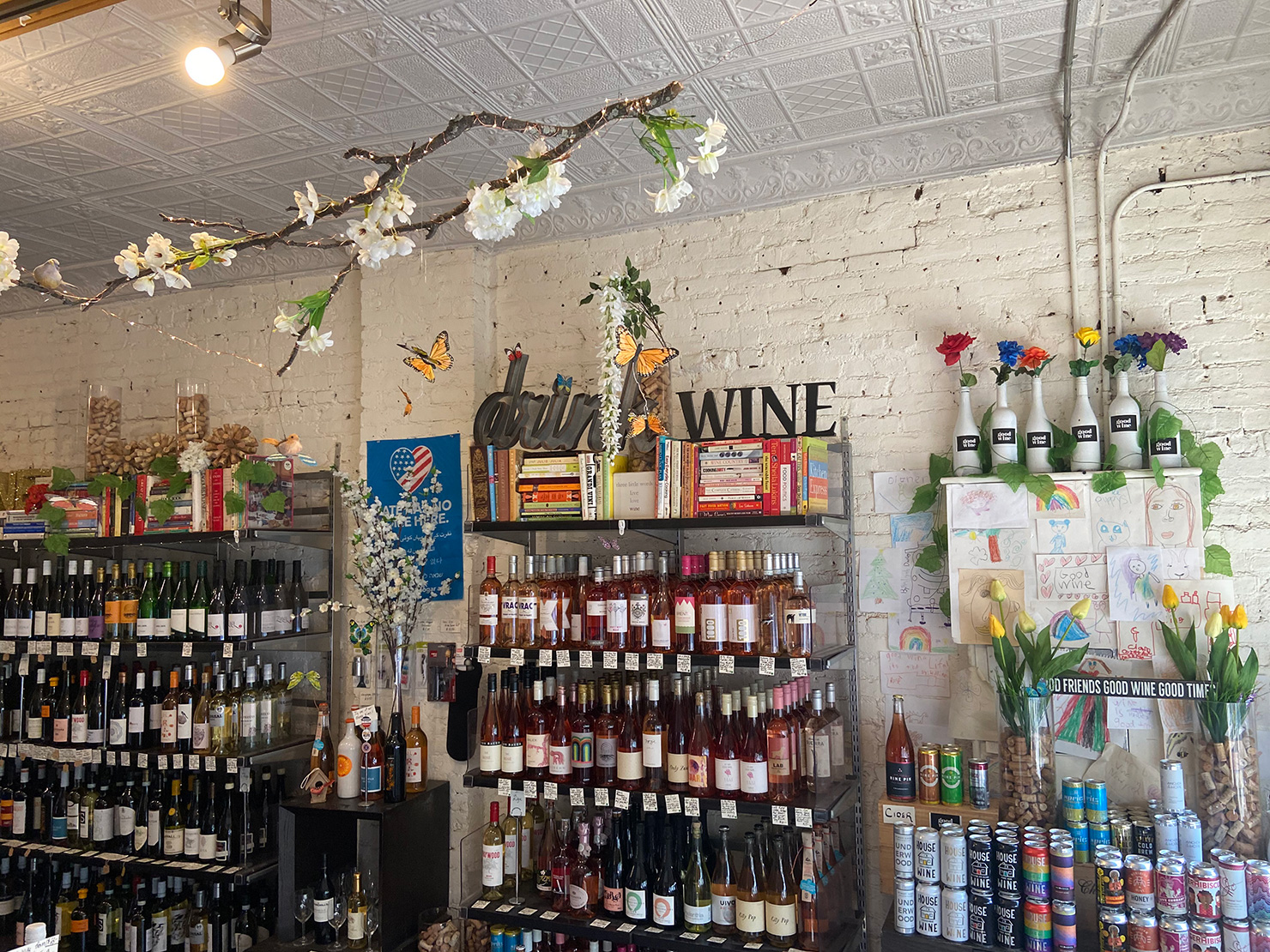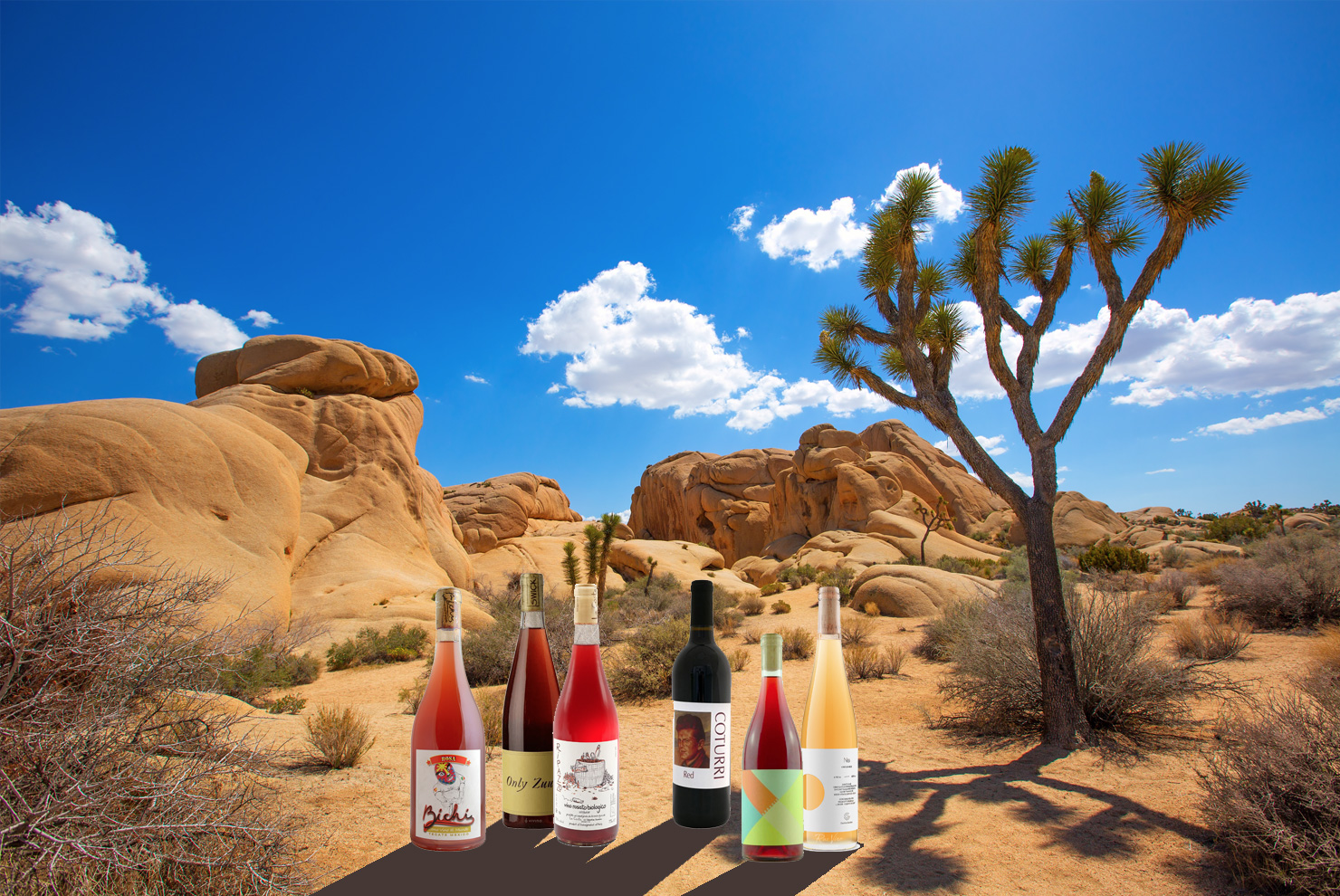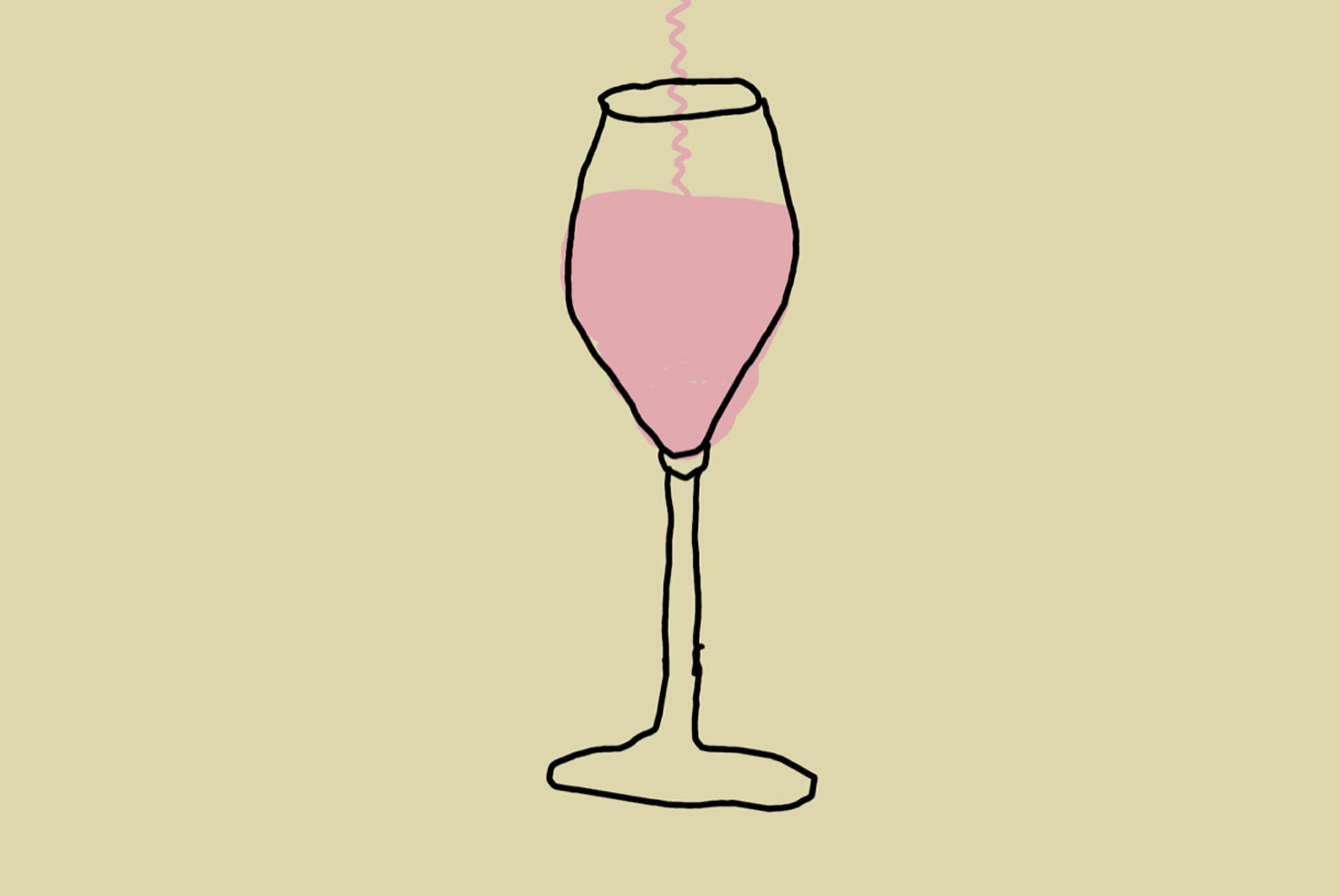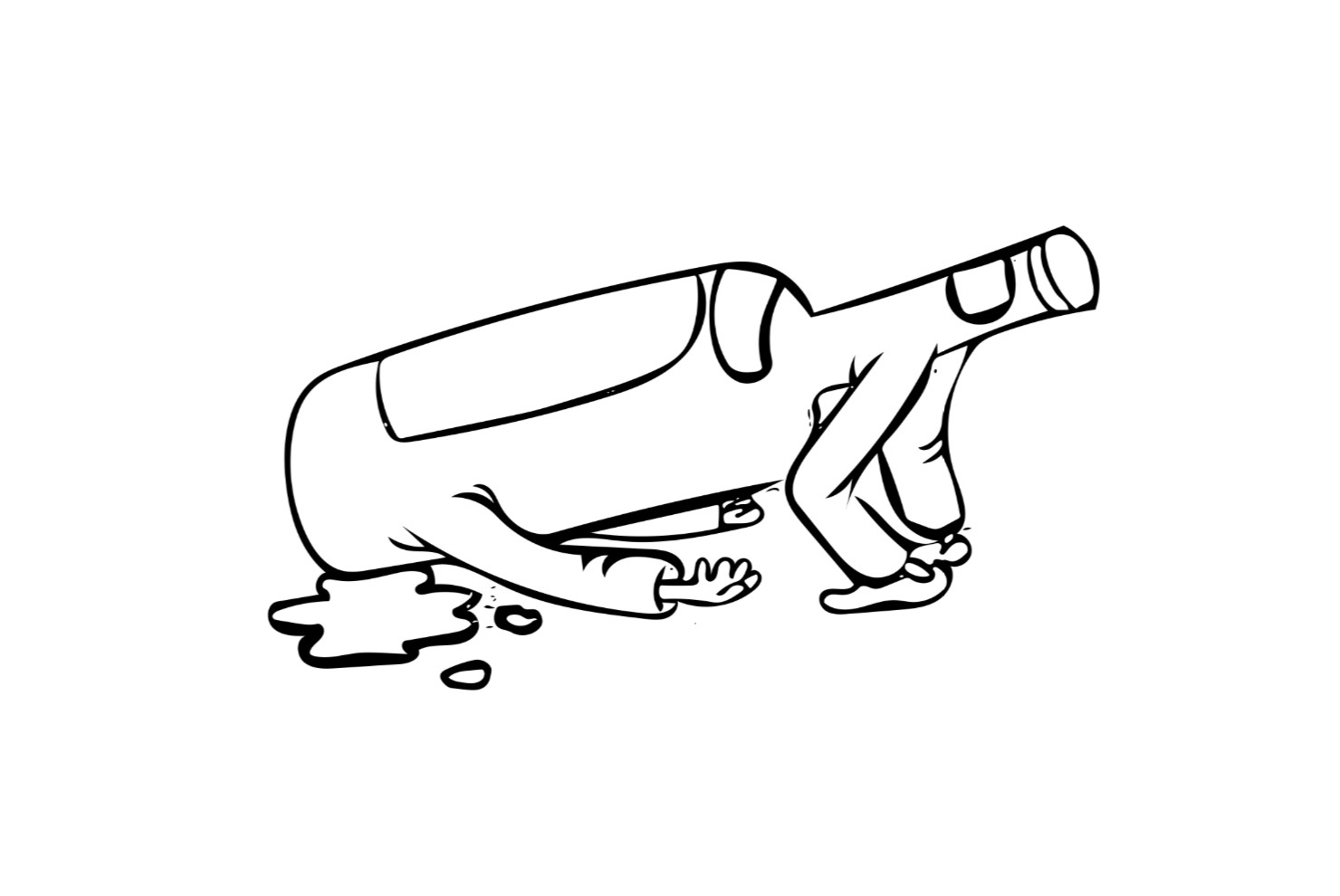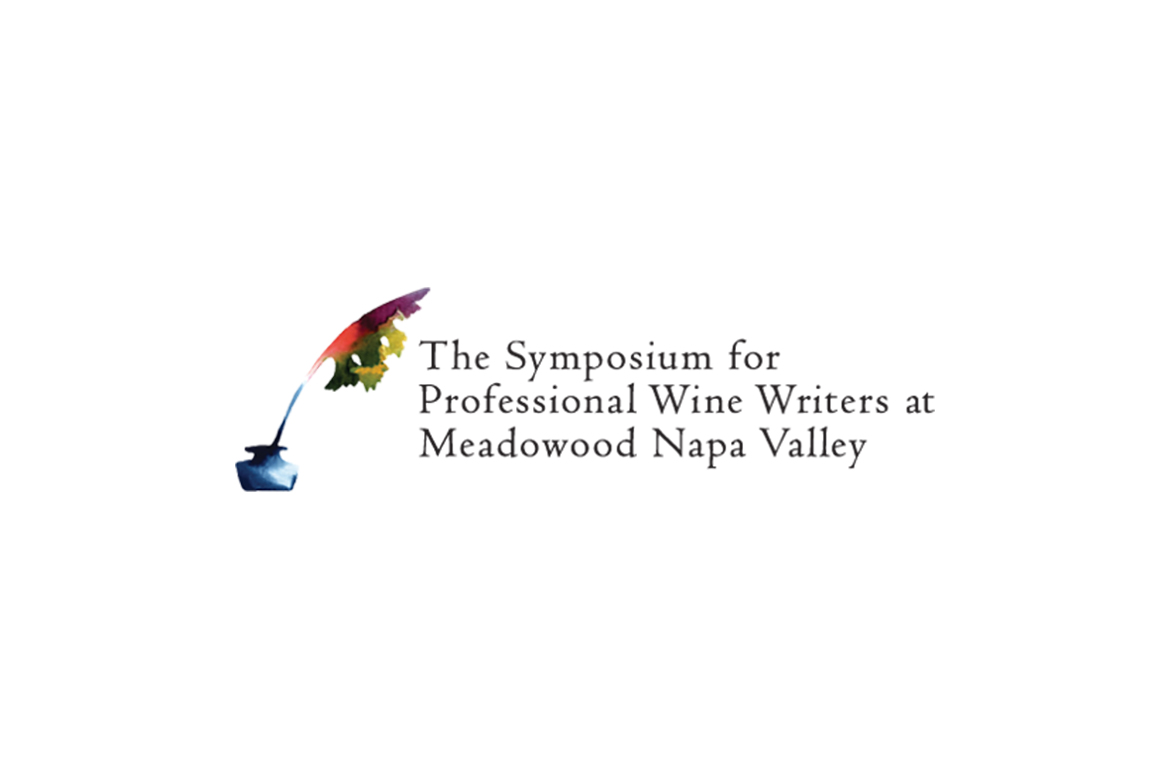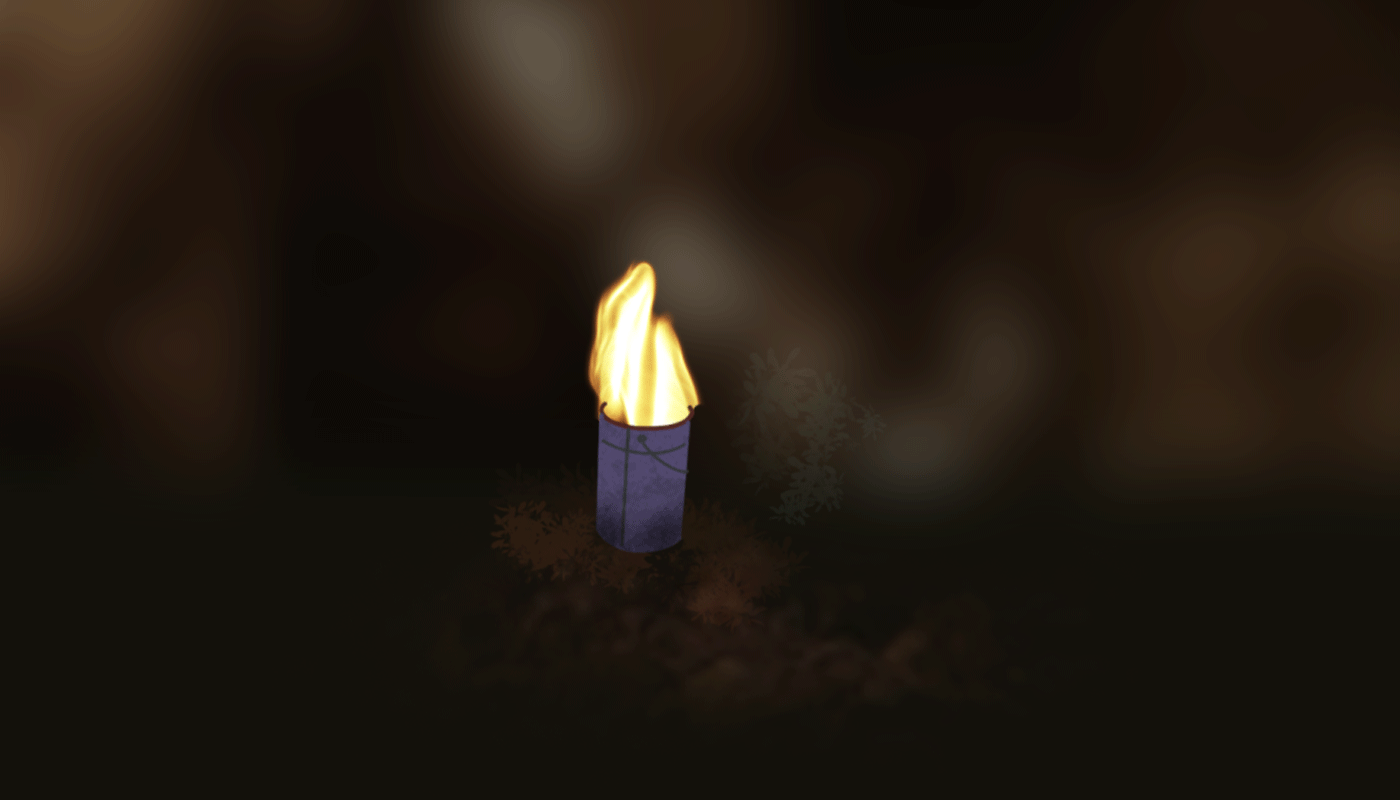It’s around the golden hour of 3:00pm on a Saturday in Milan, and every place to get a proper pranzo (lunch) on the interior part of the Porta Venezia gate is closed to prepare for the busy night ahead. The bad habit of keeping a meandering meal schedule doesn’t work out well in Italy, and here I am again, dreading a second brioche on an empty stomach in the land of epic foods. After a few hours of grazing the hectic storefronts of Corso Buenos Aires accessories—in a humble attempt to keep up with the high fashion of the Milanese—it became clear to me that an early aperitivo was on the horizon. With a mix of plastic and paper shopping bag handles braided around my knuckles, I hightailed it around the corner and through clouds of strawberry hookah smoke to Champagne Socialist, to catch the tail end of their weekly Sabato Socialista.
Every Saturday from 12:00-3:00pm, the team at Champagne Socialist invites in a crowd of usual suspects to hang out with natural wine producers, joining together for an informal (and free) degustation. These gatherings are a haven for discovering small producers with little representation, and present attendees the awesome opportunity to drink wine, hang out, and pick the brains of natural winemakers, legendary and unknown alike.
Upon entering I’m greeted by multiple ciaos at the door from staff and guests alike, a spread of sliced bread, cubed mortadella, and gorgeous glaciers of Parmigiano-Reggiano. “Electric Relaxation” by A Tribe Called Quest sets the vibe, while a group of five convene around Antonio Ligabue, a winemaker from the Val Camonica Alta of Brescia Province, and tastes through 10 of his vini senza solfiti.
Naturally, I couldn’t turn down a complimentary tasting and slurped my way through the flight as well. Several stood out, but my personal preference was a wild and wonderful 2015 “Ble” Petite Arvine subjected to short maceration on the skins and aged for a year in oak. It was instantly (and surprisingly) reminiscent of an Aaron Burr crab-apple cider in aroma, color, and mouthfeel, but it had the most uniquely layered and candid flavors of alpine weeds like anise hyssop and lemon thyme. It brought me back to the bulk tea section in my old neighborhood health food store.
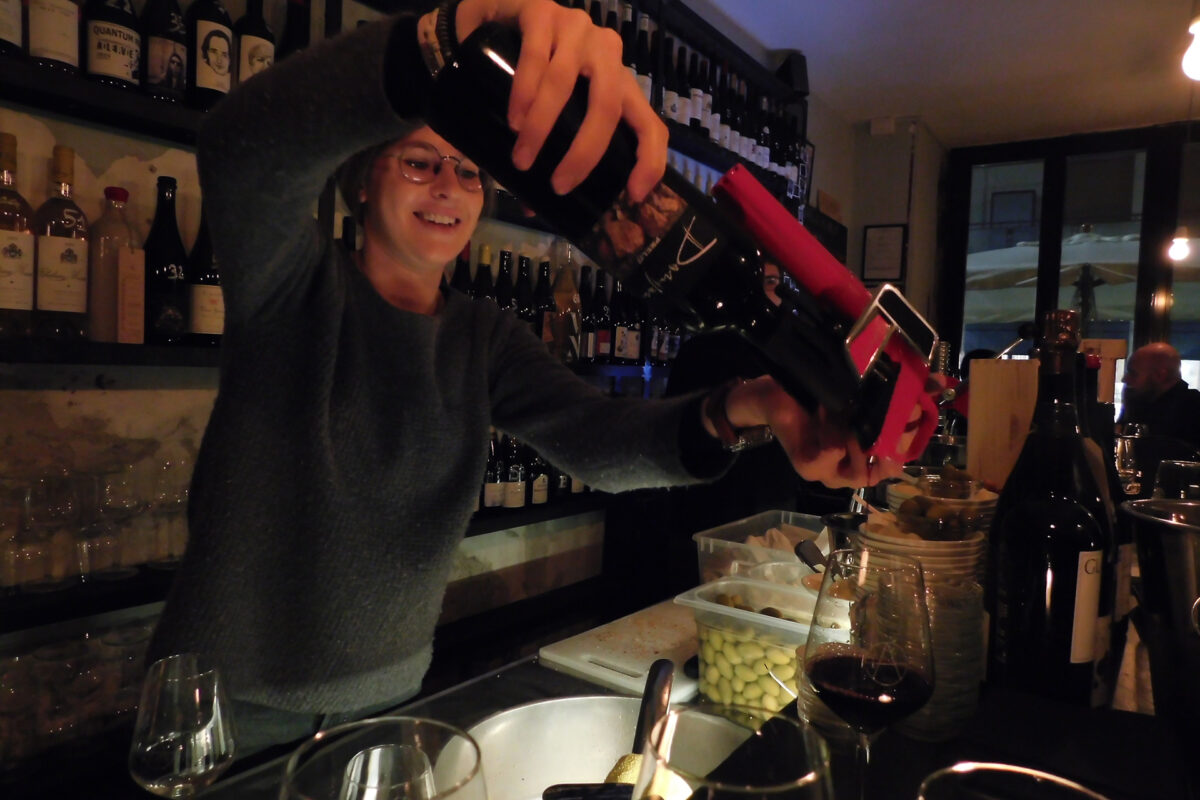
Halfway through the full plate of cheese, sommelier Giada Calza offers me a taste or two of what she’s been drinking recently from the glass list. We started with a reflective gold 2015 “Venco” (€ 7) by Cantina Marco Merli of Casa del Diavolo: a devilish village in the undulating Perugian hills of Umbria. This biodynamic wine is a pure expression of the regions notably low-yielding grape Grechetto, which is most commonly found in Orvieto DOC and in white wine blends to add richness. The grape itself is known for its highly concentrated flavors, and the intensity of yellow peach, pineapple, and crushed almonds complemented by a well-integrated reductive note. “This bottle is able to stay open for longer and gains structure each day for up to a week,” says Calza.
Next she poured me a small but beautiful taste of a 2014 “Attention Chenin Méchant”(€ 9) by Nicolas Reau of Clos de Treilles, all the while chatting about the bar’s own approach to biodynamics. “This is one of several wines on our menu that we notice the quality will increase while the moon waxes,” Calza tells me, “and so we may pull it off the menu at certain times during the lunar cycle, and may even bring it back on again around the next full moon.” This cyclical approach to winemaking (and wine serving) will be familiar to anyone versed in biodynamics, but for Giada Calza it’s rooted in a more generalized Italian tradition of appreciating the natural world. “When my grandfather from Piemonte would bottle his wine,” she explains, “he had no conception of what biodynamic meant, yet the phase of the moon was one of his most significant considerations.”
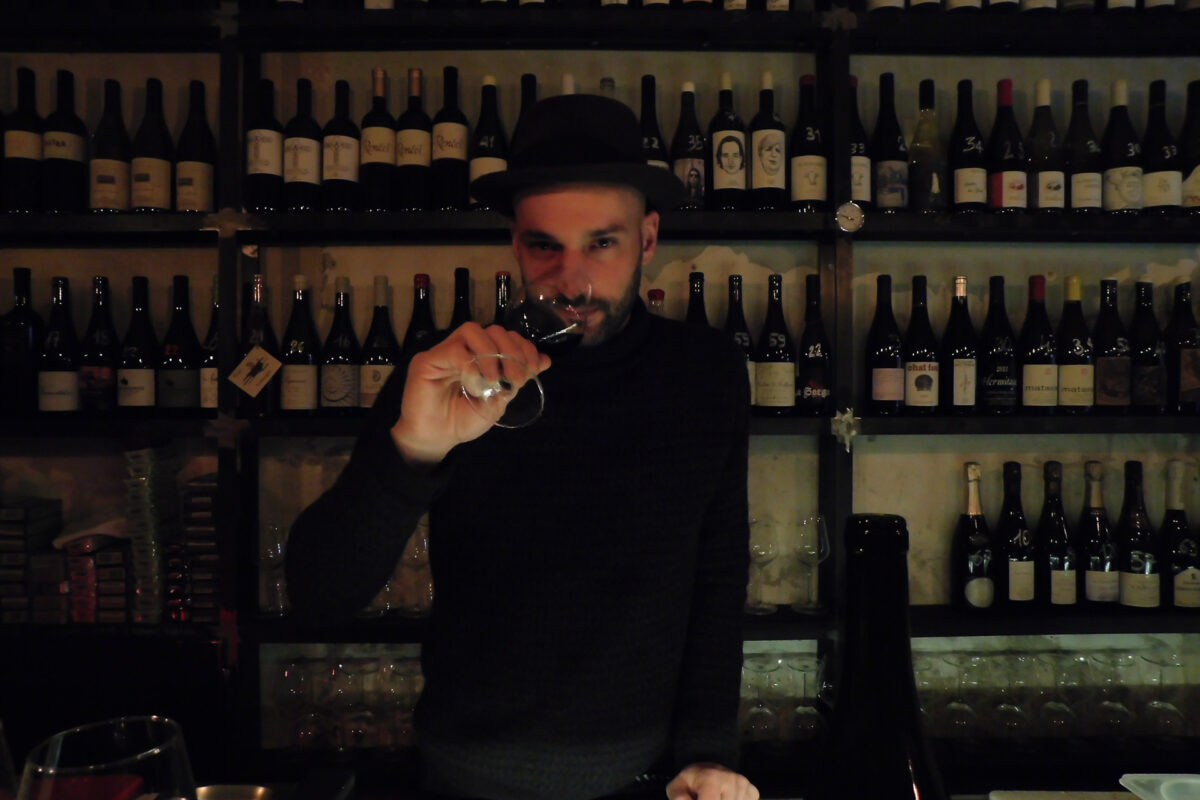
The light started to fade from the windows and I knew I’d need to bring on a few plates if I wanted to keep tasting. As I placed my order, co-owner Alessandro Longhin walks in carrying his motorcycle helmet and asks abruptly, “Why don’t you have a glass yet?” After getting comfortable, he grabbed a bottle of juicy but funk-forward 2015 Etnella Petrosa and poured us both half glasses just as a board of slow food presidia pork cacciatorini (€6.5) and juniper-smoked caciotta goat cheese (€6) arrives from the other side of the bar. Clearly I was in for a conversation now.
Alessandro Longhin and long-time friend Davide Martelli are also both co-owners of The Botanical Club, Milan’s celebrated artisan gin distillery complex that features multiple cocktail bars, restaurants, and an entirely natural wine list. ”The inspiration came way before we even started planning Champagne Socialist,” explains Longhin. “We make everything from scratch at our restaurants and where we source our ingredients is of pinnacle importance. This inspired us to source our wines by direct relationship to strengthen community and increase transparency.”
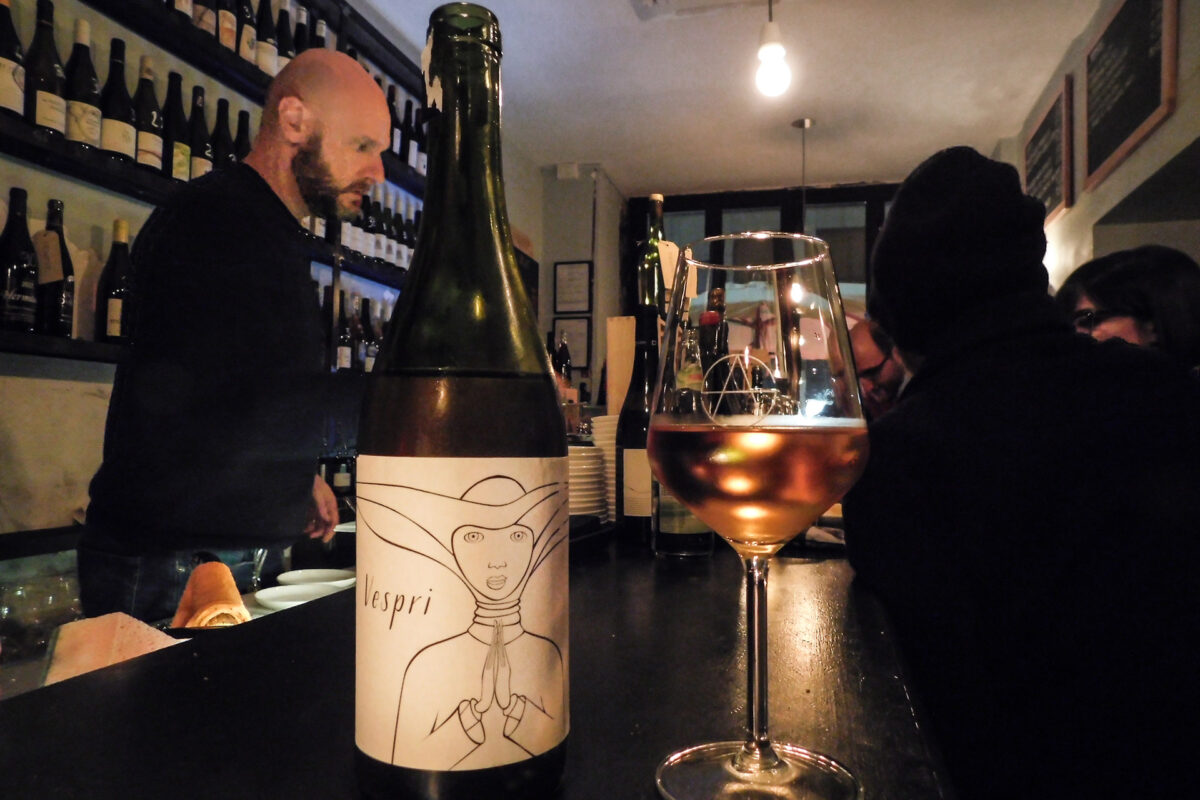
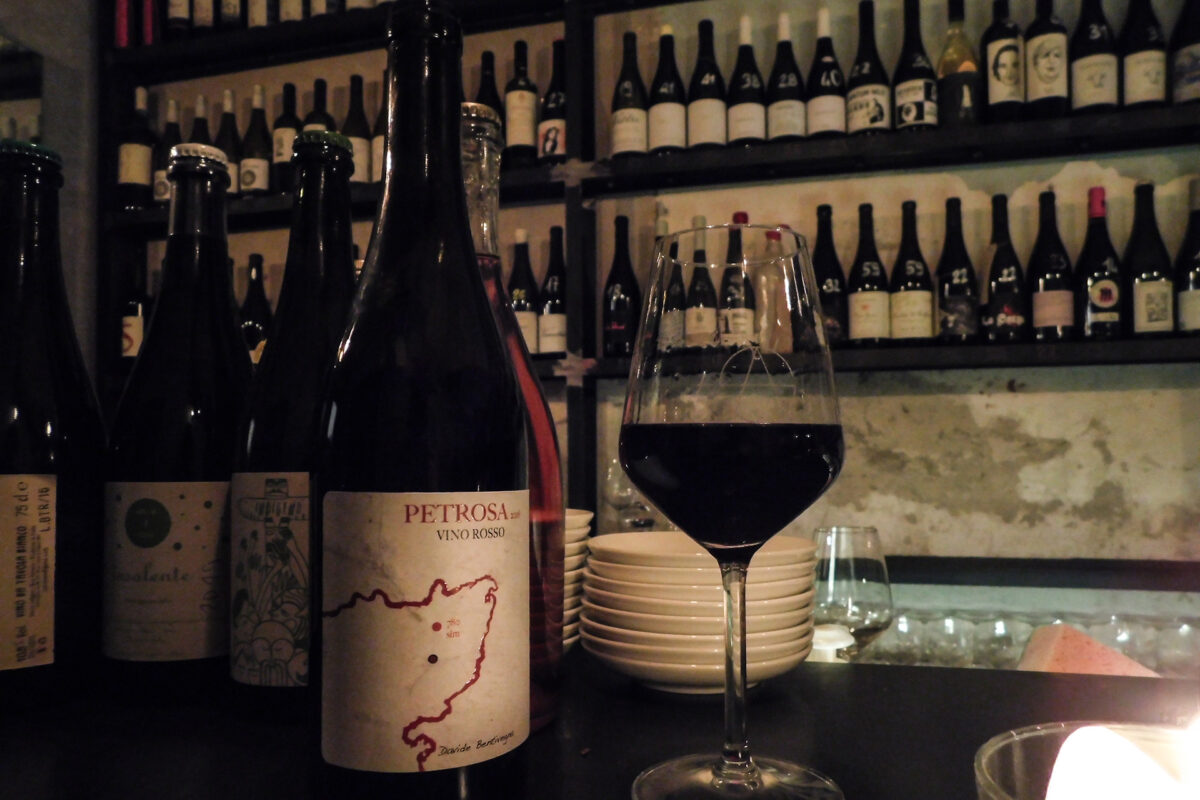
And so this place has become a hub for natural wine drinkers and makers not just here in Milan, but from across Europe and around the world. As if to prove the point, Longhin excitedly shows me a video of Brendan Tracey playing guitar for Gabrio Bini in the very same spot we were currently sitting. And there was more wine of course: two more Italian borderline orange wines from their list that the team insisted I try. First, a 2014 Chardonnay by Franco Terpin (€14) glowing gold in the candlelight, was exceptionally velvety in body followed by faint dried apricots and black tea. The second glass was a 2016 “Vespri”(€8) by Il Ceo Vini of Padova, Veneto in which I gladly bought a bottle to take home.
On my way out the door, the crew challenged me to guess their La Cieca (€13), (meaning “the blind”). If you guess the correct bottle hidden within the riddler coozie, the glass is free. Let’s just say I paid and kept on my way.
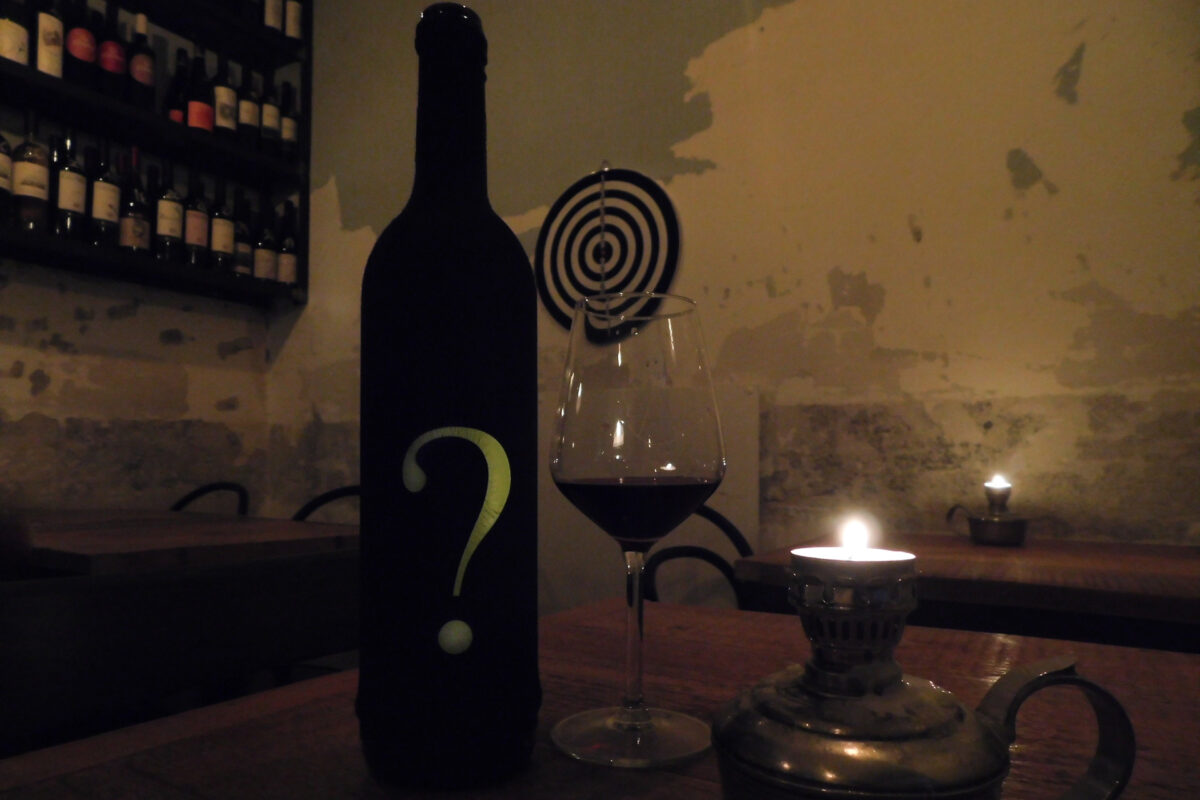
Alexander Gable (@mrgable) is a freelance journalist based in Milan.
Photos by Alexander Gable and courtesy Champagne Socialist.




